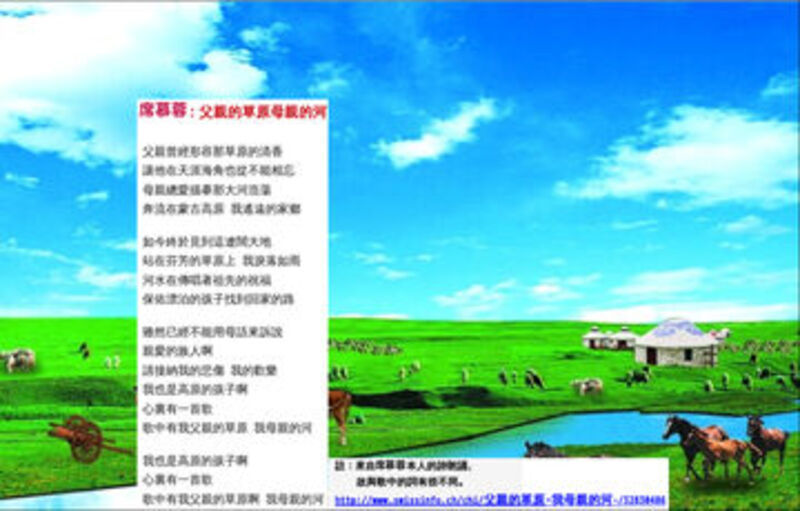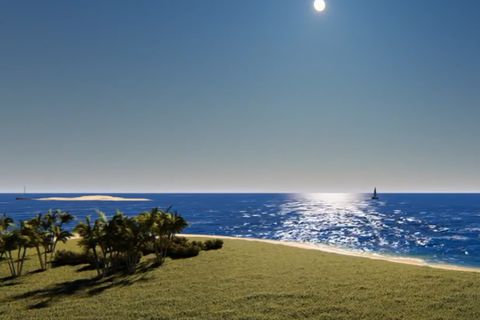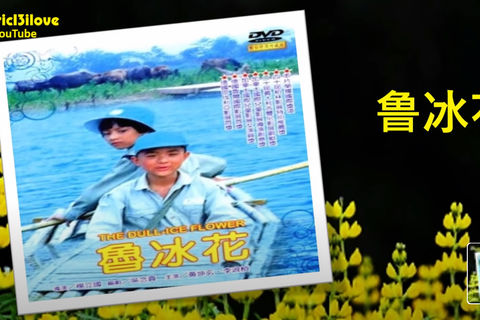Xi Murong: Father's Steppes, Mother's River
- To all the Mongolians wherever you are

Song written in Chinese, as shown in the image, by poetess and painter Xi Murong (席慕蓉), a Mongolian descendant in Taiwan. Translated by Yiyan Han (c), 2018-01-26
My dad has described the delicate fragrance
Of land of grass that he never forgets
No matter where he is
My mum always depicts the river of mighty
Running in the Mongolian plateau
Of my ancestors' home far far awayNow standing on, and seeing this vast land
And taking a breath of the fresh air, at last
I'm deeply moved, and my teardrops
Fall like rain. The river is singing my ancestral praise
And worship songs, blessing the wandering children
To find the way homeThough can no longer expressing my emotions
In my mother tongue, O! my dear fellow ethnics
Please accept my sorrows as well as my happiness
O! I'm a child of the plateau too
In my heart, there's a love song
Of my father's steppes and mother's riverO! I'm a child of the plateau too
In my heart, there's a love song
Of my father's steppes and mother's river
Footnote:
I think the best make of this Chinese song is a cappella by a marvellous group, see below.
- https://youtu.be/FGKQ--gYMt4
Support CosmoFunnel.com
You can help support the upkeep of CosmoFunnel.com via PayPal.







Comments
So beautiful!!
Thanks for giving us the chance to read this
Thank you for your poem.The stories we are told about our origins are our motherland, our place. As your poem says without those feelings passed on you would not be able to feel and be part of a landscape you might have never seen. I am Spanish living in the UK. This is a little bit opposite to your poem. I have a motherland that I nostalgically build and perhaps only exist in my mind, in my need to belong.
What a great comment, thanks! The land where our ancestors lived is always in our blood/genes. :)
An interesting write. One of nostalgia and importance of heritage.
A question, because I am very interested. When you translate the poems do you translate word for word or do you have to change some words? x
Hiya! Think you know the answer to your very interesting question: yes or no, much like if you were translating Shakespeare into the modern "plain" English!
Majority of words can be translated literally, like Sun, Moon and so on. But there are many words and phrases that can only be translated correctly if one knows both culture/history/etc well. One of the famous example is "Milky Way" in English, and we Chinese call it "Silver River (literally, 銀河)". Does this make sense to you? Thanks again for your interest :)
I really dont know. I have never translated Shakespeare lol!
I see! Yes I can see how things may get lost in translation if they were written word for word...silver river is a really cool thing to call the milky way, though. Thanks for answering my question. You are very clever Yiyan x
Very pleased to know you got the idea! Another fun example is the Chinese words (東西) - some would translate it as "east west" if using Google. Actually this word means "thing" or "things"!
That is very interesting! But then language is, isn't it? It is amazing that we are all people of this Earth and we can all talk... And yet we speak different languages. How did that even happen? Don't worry, I am not asking you, Yiyan, it is a rhetorical question ?? But language is very interesting x
I am glad I was drawn to this page .. the opening lines copied below are incredibly poignant .. Neville
"My dad has described the delicate fragrance
Of land of grass that he never forgets
No matter where he is"
Thank you, Neville.
This is one of the songs I like to listen and sing ;)
How beautiful! Stunning really. How did I miss this? Well, maybe because I haven’t read all your work just yet. But slowly I’ll get there. Warm wishes Poet Yiyan.
Bernadete
Thank you, Bernadete, I need to do the same as well :)
Cheers!
And the voices… Ah, the voices are a sweet melody to the heart.